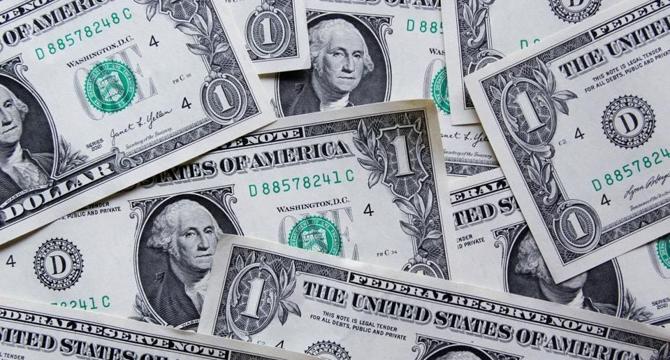Medium
2w
107

Image Credit: Medium
Should The Dollar Be Strong Or Weak? Why It Matters For Global Business
- The debate over whether the U.S. dollar should be strong or weak is complex, with pros and cons on both sides.
- A strong dollar benefits U.S. tourists and buyers of foreign goods, but harms U.S. exporters by making American products more expensive.
- Demand for the dollar in foreign exchange markets depends on various factors, including interest rates and bond yields.
- If the U.S. wants its manufacturers to dominate globally, a weaker dollar is favorable for exporting goods.
- The strength of the dollar is also influenced by global supply chains and trade relationships.
- Factors like interest rates and Central Bank policies impact the value of the dollar in relation to other currencies.
- Market dynamics determine the value of the dollar based on supply and demand factors at any given time.
- U.S. companies may need to reconsider their reliance on foreign goods and services amidst fluctuations in the dollar's strength.
- Businesses that import parts but also export products will have to adjust their financial strategies based on currency fluctuations.
- The complexity of global markets highlights the importance of adapting to changing currency dynamics for businesses.
Read Full Article
6 Likes
For uninterrupted reading, download the app